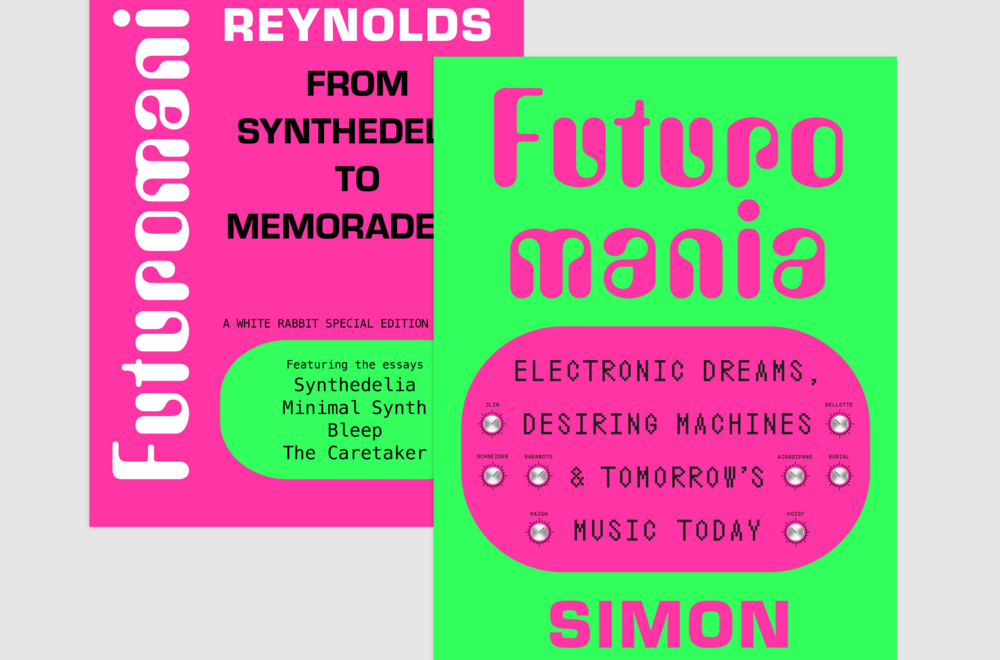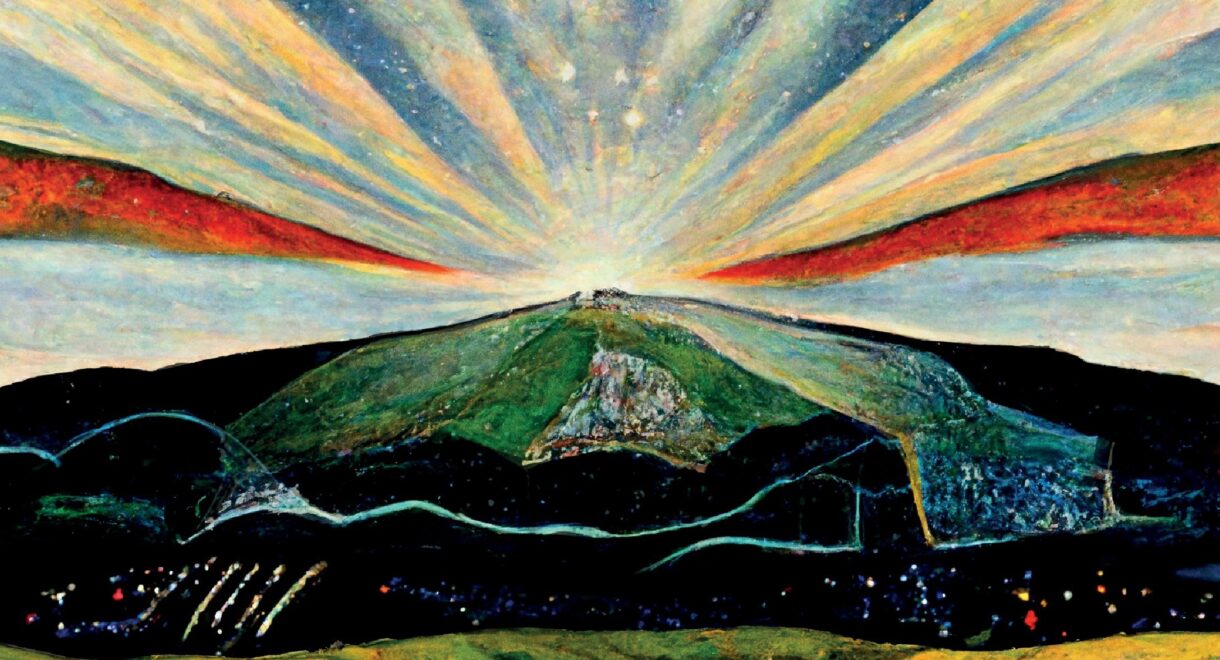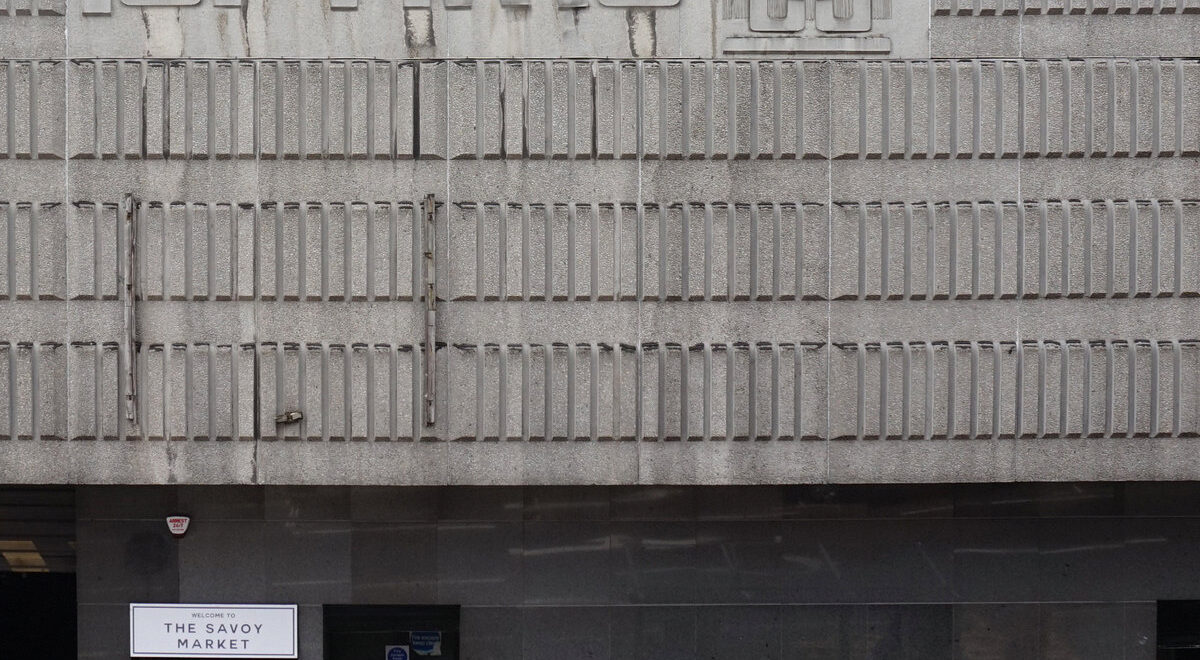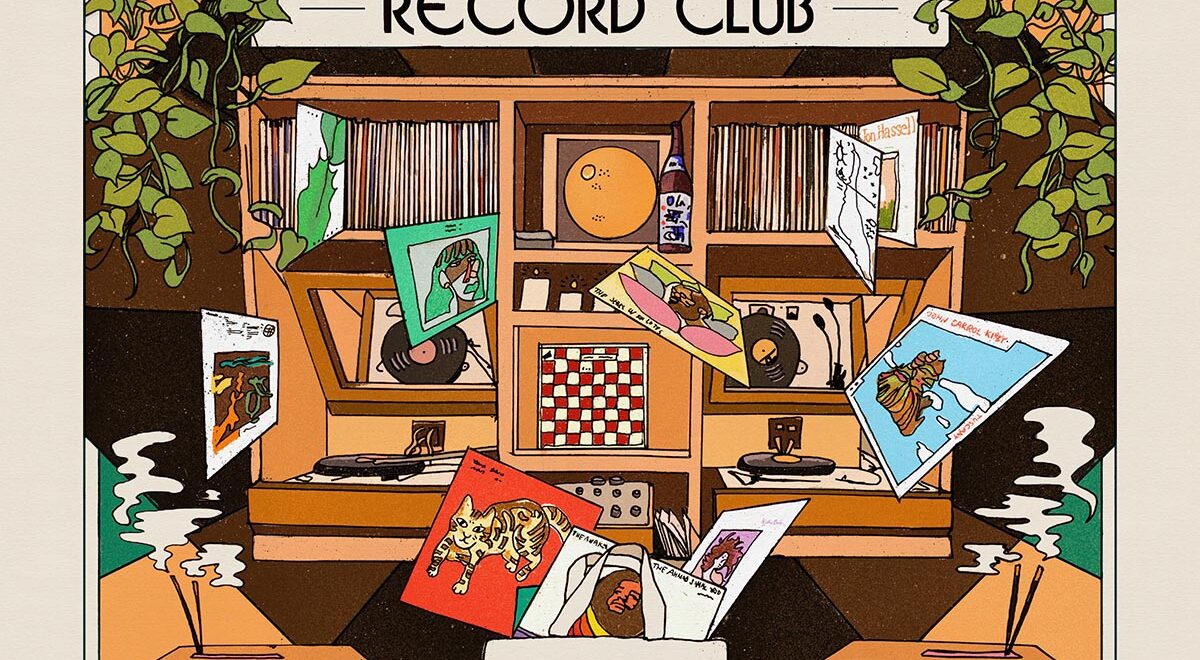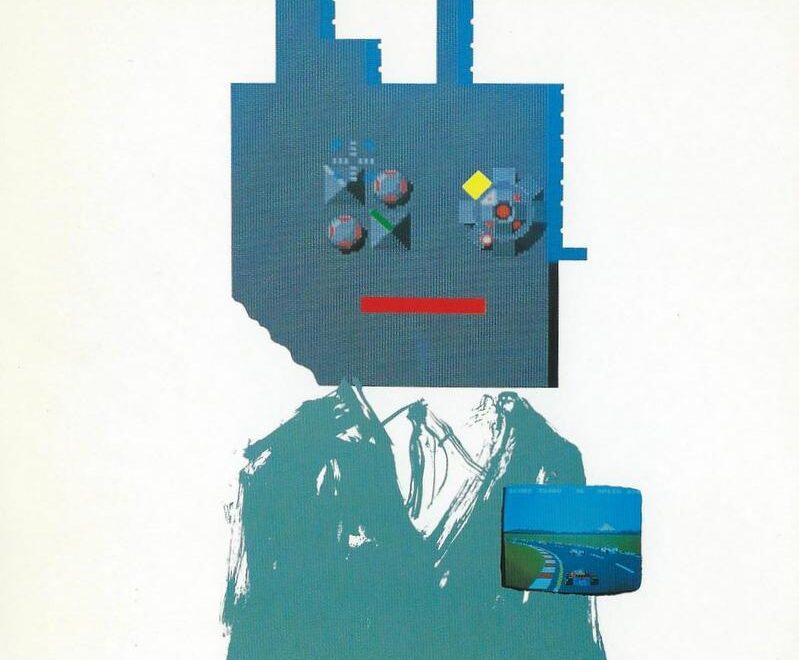The summer is halfway over and you’ve been scrolling for like, what, six weeks straight now? Step away from your phone (after reading this, of course). An analog […]
Sculptress of Sound: Delia Derbyshire at the BBC Radiophonic Workshop
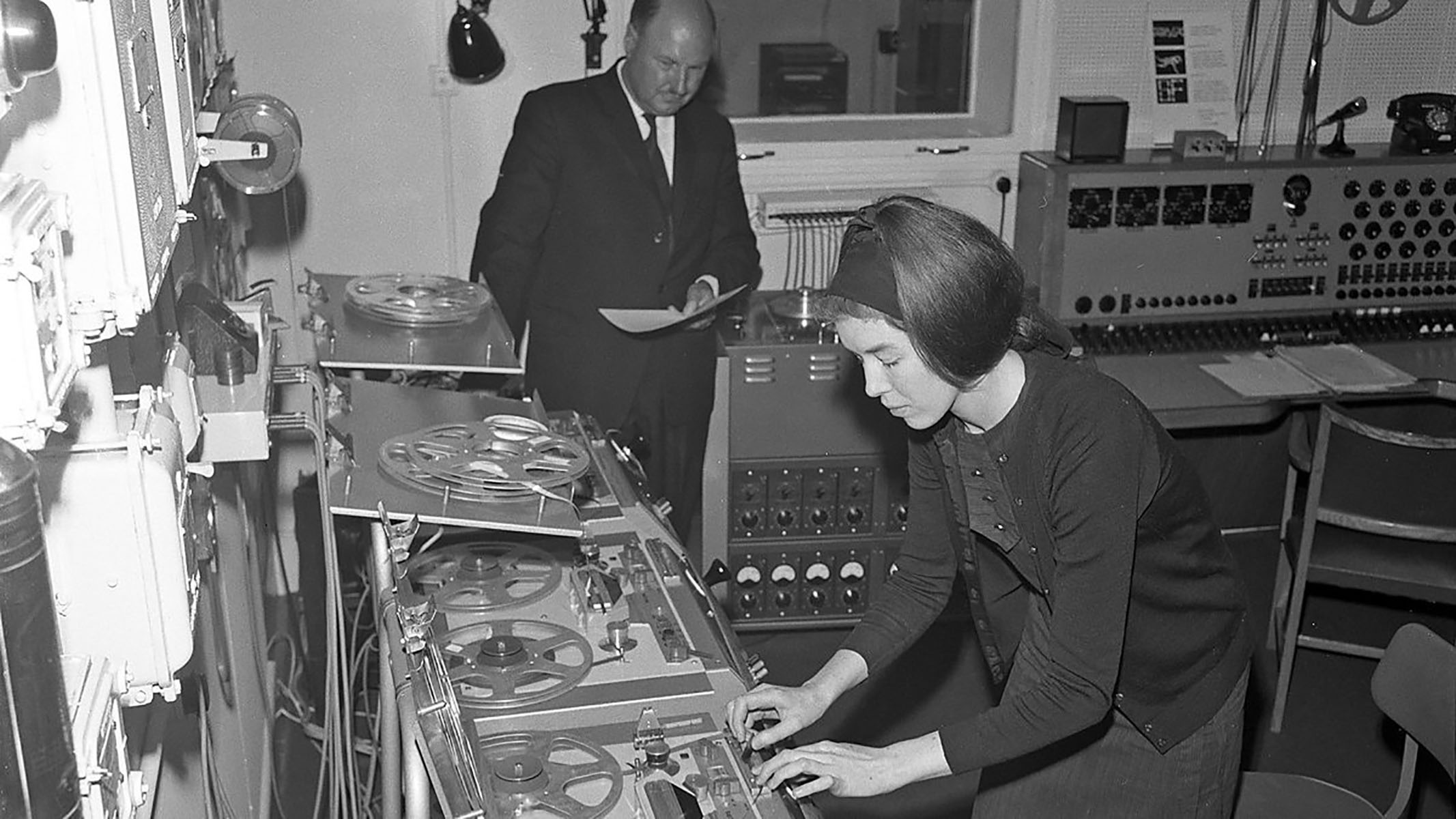
A look into the influential BBC Radiophonic Workshop composer who arranged the electronic opening theme of Doctor Who.
Delia Derbyshire’s fascination with electronic music started when she was a child in Conventry, England the night of a devastating Nazi blitzkrieg. As German bombers crept closer to the city, bomb sirens saturated the town with a shrill cry that ricocheted through every street. It was 1940. She was only three years old and her fascination with sound would soon become a lifelong obsession.
After graduating university, she thought her big break would be working in a Decca Records recording studio, but they quickly shooed her away because of a policy against hiring women. About three years into 1960 she made the move to London and was finally able to work in music as an assistant at Boosey & Hawkes, the largest specialist classical music publisher in the world. But the haunting memories of sirens and the more innocent organic sounds of her youth, like clogs clopping on cobblestone streets, made Delia eager to find an audio studio where she could experiment.
She caught wind of the legendary Radiophonic Workshop, a BBC sound studio that was tasked with making obscure sounds for radio, and right away she became a regular visitor. The workshop was established by Daphne Oram and Desmond Briscoe with a small budget, and they filled the space with all the redundant tape recorders, mechanical reverberators, sound loopers and Shellac recorders they could find in BBC storage. They were aware of the musique concrète in France, and similarly they would produce organic electronic sounds using common objects.
During the fall of 1960, Delia finally got her big break and left Boosey & Hawkes for work at the Radiophonic Workshop. It was the paradise she dreamed of, and she spent sleepless nights sculpting the sound of instruments like crumpled paper and her favorite steel cooking pot lid. She would strike the lid with a mallet to create an echoing shatter that fulfilled the auditory expectation of the space age. And Delia helped make the workshop cool by joining American composer David Vorhaus and fellow workshopper Brian Hodgson, both members of the cult band White Noise.
Bands such as Pink Floyd and the Rolling Stones visited the workshop, but the people behind all of the famous BBC background music and side effects were largely unknown. Many still call them “the greatest band that never was.” This wasn’t an accident. It was a policy at the BBC to disallow any of the workshop employees from getting credit for anything they were asked to compose. Oddly, each composer was given the official title of ”assistant.” This was objectively unfair, as many of their projects came with vague direction.
For Delia, this especially buried her place in history. She was asked in 1963 to compose the electronic realisation of a score by Ron Grainer for the opening theme of the original Doctor Who series. It was one of the first themes made by electronic means, and even Grainer was completely stunned by her work. He asked the BBC to give her credit but they refused any exceptions to their policy. The show was (and still is) explosively popular and she never received royalties for her work. If she had, it would have made her a fortune since the show is now in its 38th season. This didn’t seem to bother Delia too much. She was happy to return to making more sounds.
Delia eventually immersed herself in the London art scene of the 60s, and pushed her experimentalism to include live poetry. For one 1964 sound collage, she collaborated with Barry Bermange to compose a five-track project they called “The Dreams.” Every story on each track is eerie. You can hear sirens echo in the background, an example of how she processes memory through art. These compositions were screened during experimental events that popped up throughout London the ‘60s.
There is an incredible amount of virtue in humility, though there is a sweetness to understanding the more enigmatic and obscured sides of history. Delia was always highly regarded by her contemporaries, and the generation that grew up to the emotional grip of her masterpieces helped expand the idea of what music is. To learn more about Delia in her own words, you can play The Delian Mode below.




